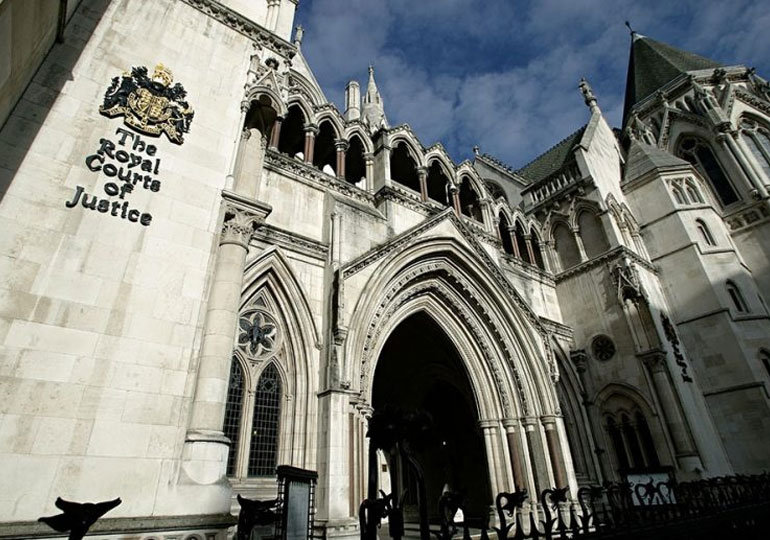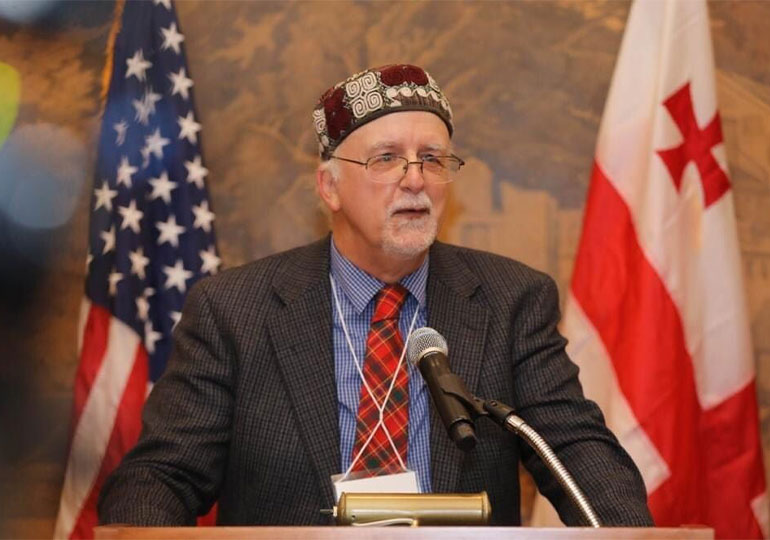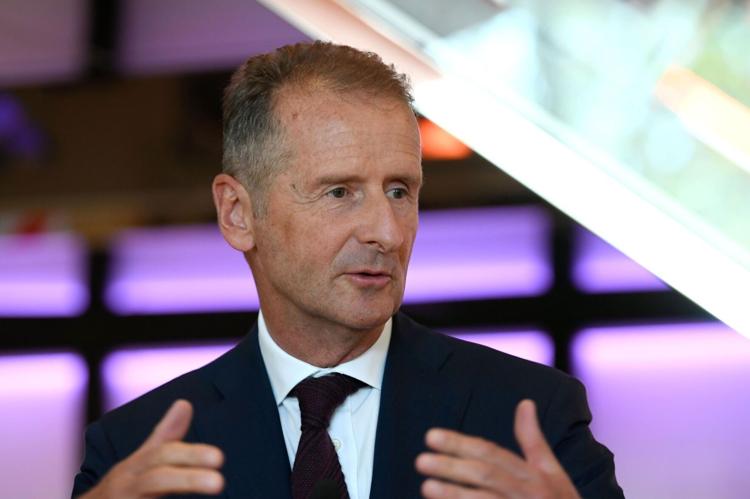Georgia is enjoying the distinction of being included in a list of 15 non-EU states the European Union considers safe enough to open its borders to. It’s the only former Soviet republic to achieve that status.
Fewer than 1,000 cases of Covid-19 have been registered, and 15 people have died out of a population of 3.7 million. A group of public scientists, dubbed the three musketeers, are being praised for steering the Caucasus state’s successful response to the pandemic.
By comparison, coronavirus has been raging in neighbouring Armenia, a country of similar size.
Hundreds of new cases of Covid-19 are being registered there every day, the total number of infections has exceeded 26,000 and the death toll stands at nearly 500.
How did Georgia do it?
Georgia’s first Covid-19 case was registered at the end of February. The government’s response was swift.
By mid-March all schools, universities and non-essential businesses were closed and public transport was suspended.
After the introduction of a state of emergency on 21 March, large gatherings and intra-city travel were banned. Nightly curfews were introduced.
During Orthodox Easter, Georgia’s most important religious holiday, the authorities banned private transport and closed cemeteries.
“We took note of the pandemic’s threat a month before the first confirmed case,” Prime Minister Giorgi Gakharia told the BBC via email. “Given our country’s specifics, such as our location and small size, we could not use the examples of other countries.”
An information campaign and regular updates were led by the country’s top scientists and Georgia’s National Centre for Disease Control and Public Health (NCDC).
The NCDC’s Lugar Laboratory has been a constant target of Russian disinformation, which has accused it of being part of a US secret bio-weapons programme.
But its scientists have led the country’s fight against the pandemic.

Forbes Georgia
"Forbes Georgia-ის სარედაქციო ბლოგპოსტების სერია "როგორ გამდიდრდა“ და "საქართველო რეიტინგებში".












